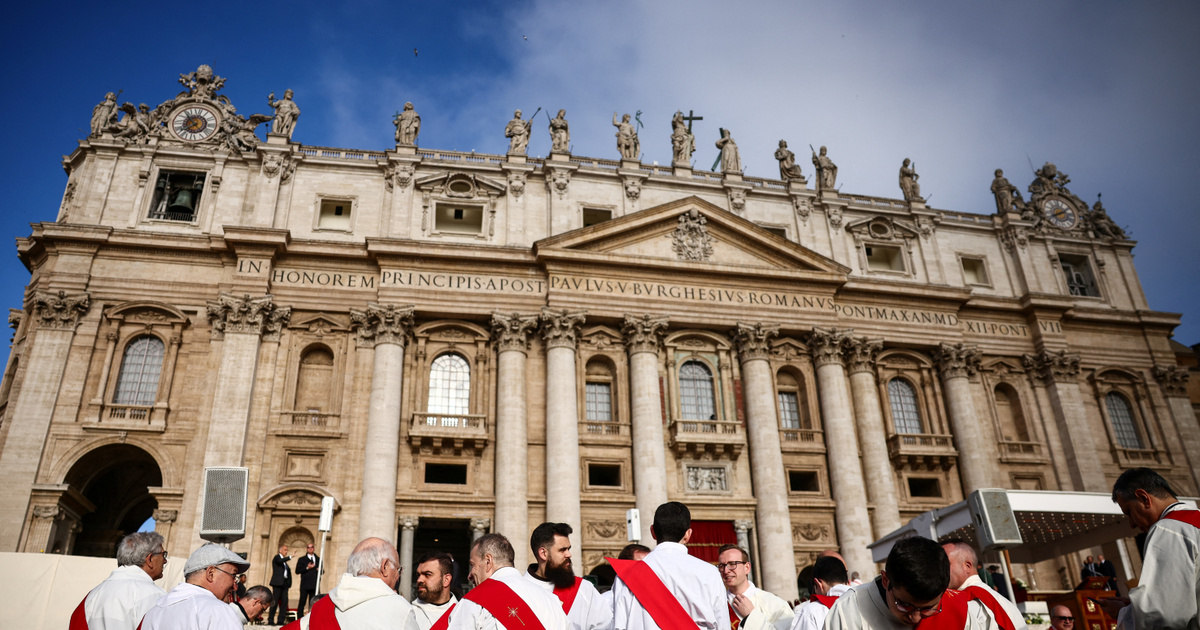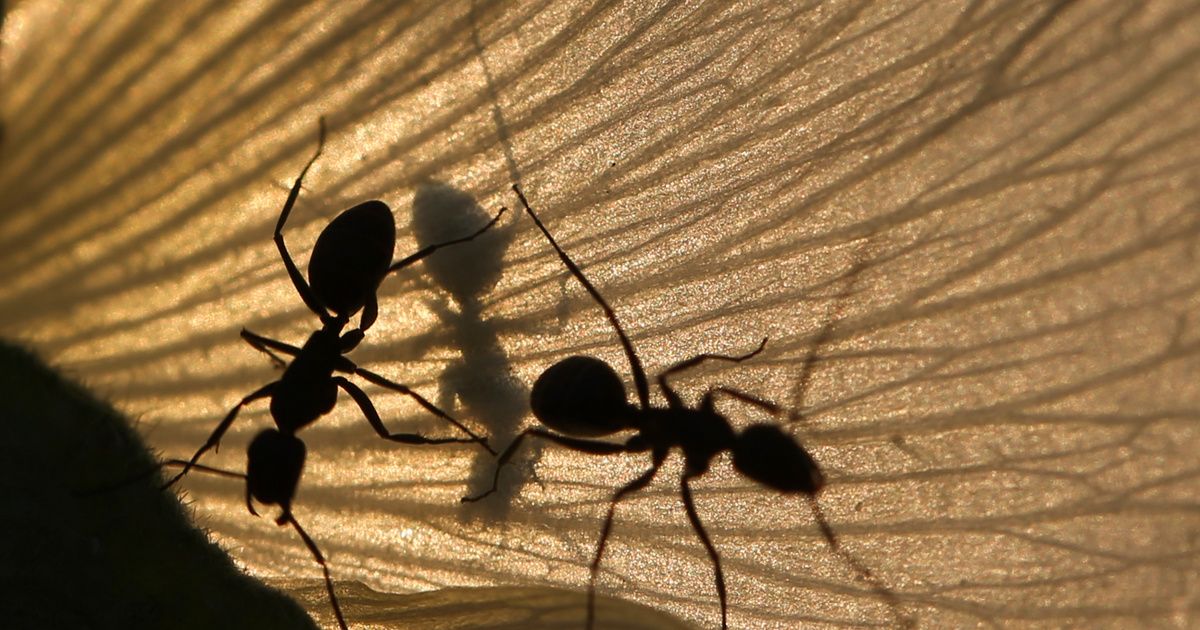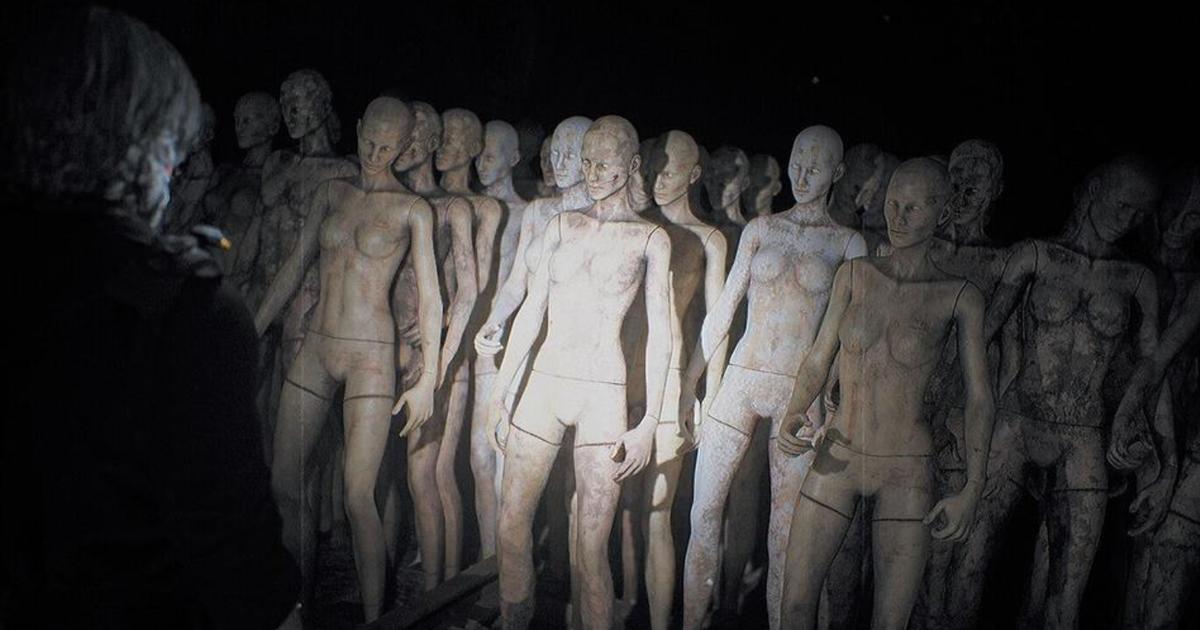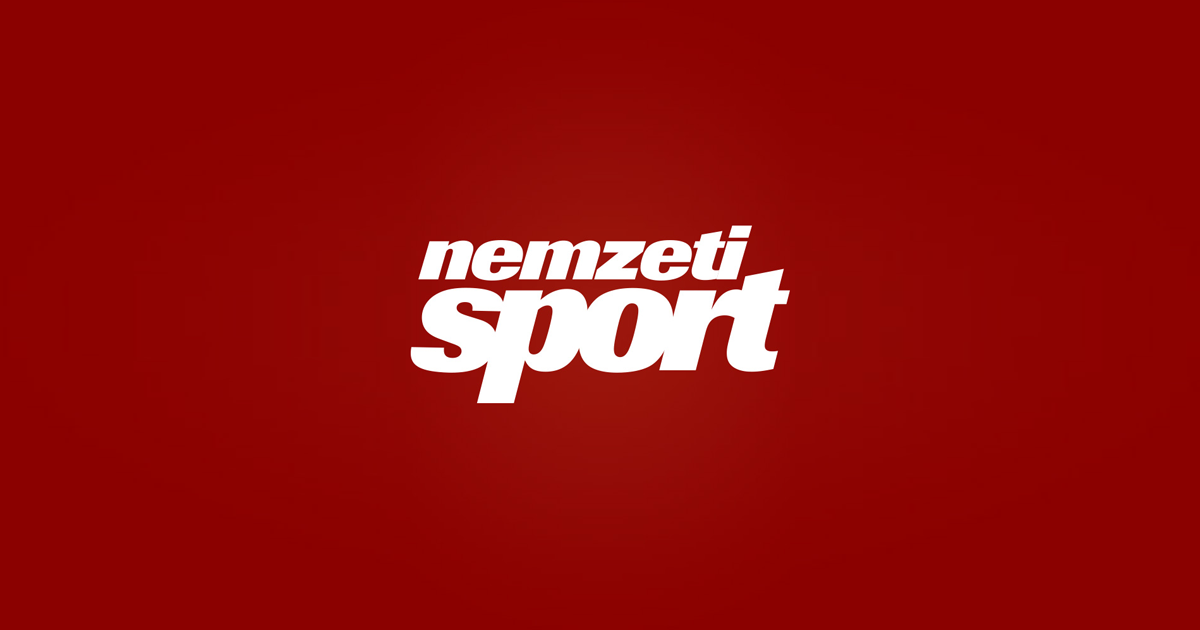The International Anti-Doping Agency (WADA) accepts that Russian athletes will not be allowed to compete in international competitions under their flag for two years and will not play their anthem in their honor, which means that they will not appeal to the International Court of Arbitration (CAS). Decision in December.
ad
Russia’s anti-doping agency (Rusada) announced last week that it would also not file an appeal against the ruling of the Court of Arbitration for Sport, adding that it had decided not to appeal the decision in favor of the athletes.
The Sports Arbitration Court announced on December 17 that it had agreed to Russia’s ban, but cut in half the four-year prison sentence imposed by the World Anti-Doping Agency in December 2019. According to the decision of the Sports Arbitration Court, Russians will not be allowed to represent their nation in the Olympic Games. Summer in Tokyo postponed until 2021 or the Beijing Winter Olympics in 2022. According to the decision, Russia is not entitled to host a major sporting event or bid during the penalty period. During this time, Russian government officials and MPs will not be permitted to attend events such as the Olympic Games or the World Championships in major sports.
The United States Anti-Doping Agency (USADA) was dissatisfied with the decision, particularly by halving the original sentence term. However, the Kremlin expressed regret and displeasure, because the decision does not allow Russian officials, including President Vladimir Putin, to attend international sporting events for two years.
The Moscow Anti-Doping Laboratory and RUSADA were suspended at the end of 2015 after the World Anti-Doping Agency released its specialized committee’s investigation report in November of that year, which found that doping is widespread in Russia. A year later, an independent commission of inquiry led by Richard McLaren, a Canadian professor of law commissioned by the World Anti-Doping Agency, concluded that in Russia, doping was being systematically implemented with state support. According to the report, between 2011 and 2015, Russian doping watchdogs manipulated test samples from nearly a thousand athletes in thirty sports and concealed positive test results.
Russian athletes at the 2016 Rio Olympics still avoid complete disqualification, however, Russia was already banned from the 2018 Winter Games in Pyongyang and athletes had to apply for a special permit to perform. Anyone who got this can participate in the tournaments as neutral. That possibility still applies: Russian athletes who can prove well prepared can still be neutral there in major competitions.
The Russian agency obtained the test license again on September 20, 2018, and the Moscow laboratory was able to resume work after three months. The World Anti-Doping Agency imposed several conditions on the license of the latter, one of which was the transfer of the database. However, at that time the IAEA was still prohibited from copying the data, which was subsequently handed over by the Russians in January. The World Anti-Doping Agency had already indicated that it could take up to months to verify the information, and then announced in September 2019 that it had launched a formal investigation into the “inconsistencies” in the database.
After the investigation, the WADA Compliance Committee recommended a four-year ban, which was voted unanimously by the Executive Committee last December, finding evidence of false evidence being presented in a Moscow lab or destroying positive results that could have revealed the fraud.












































